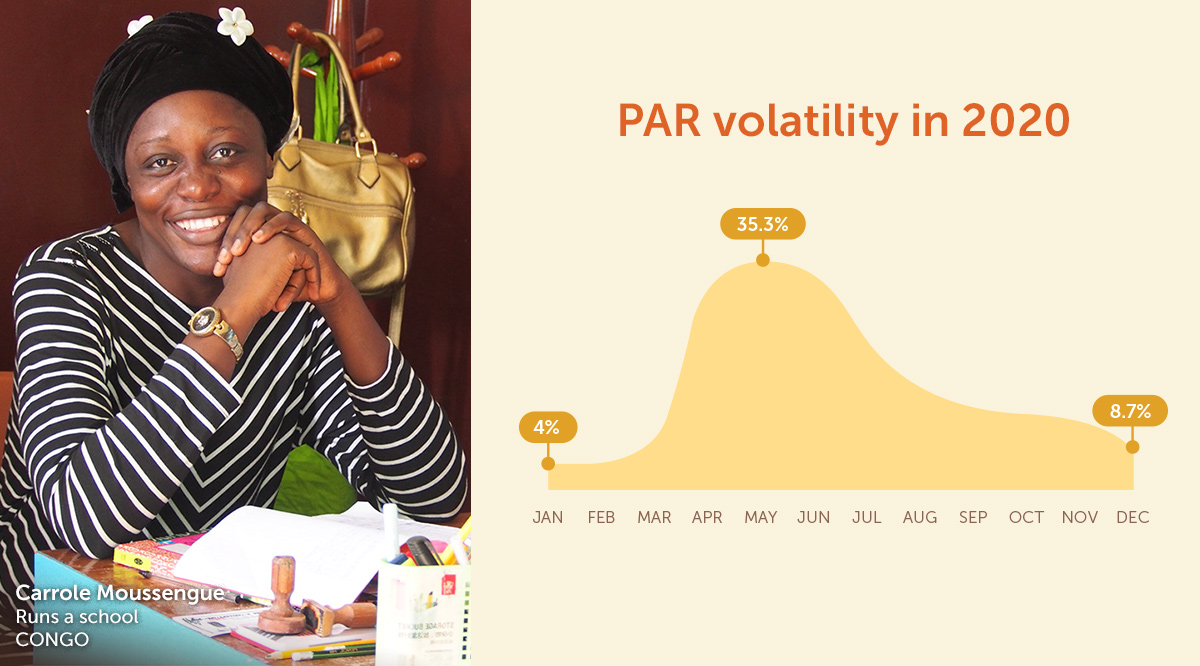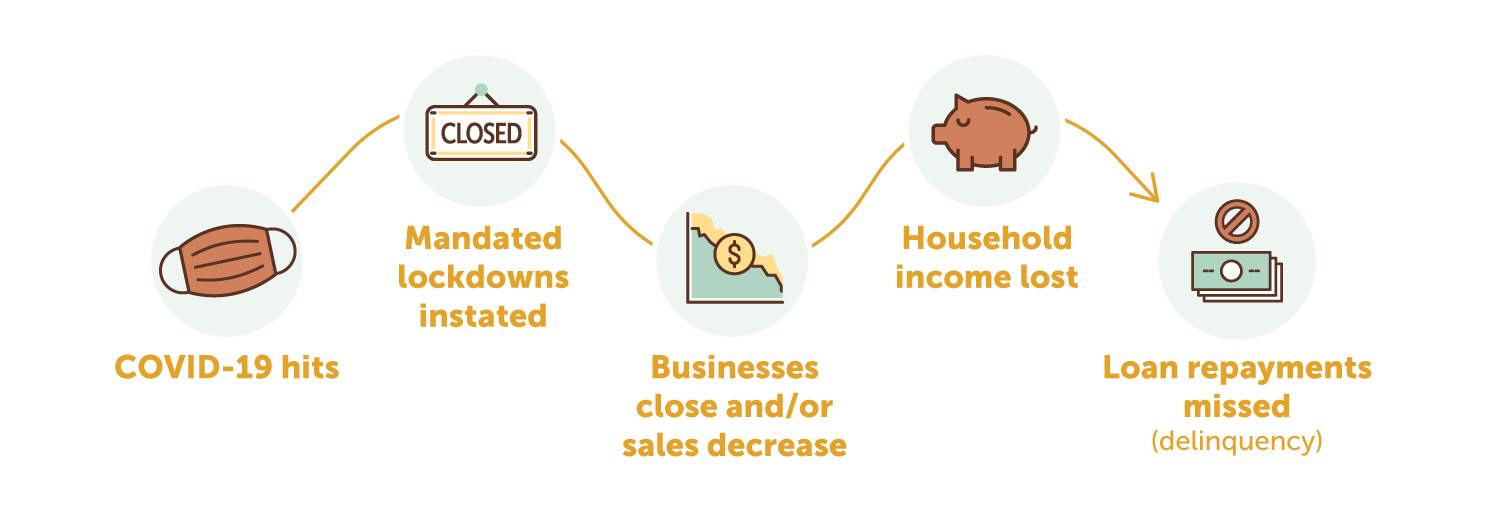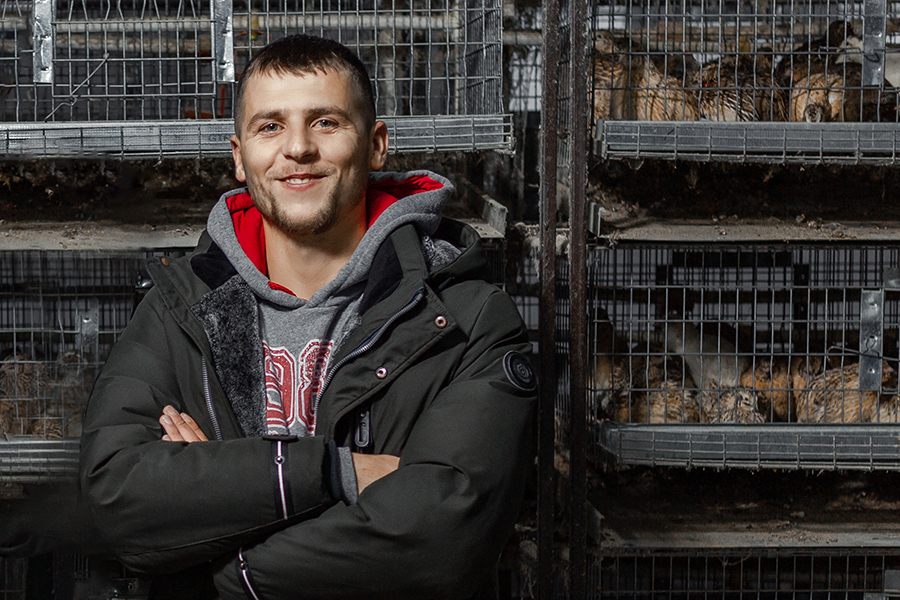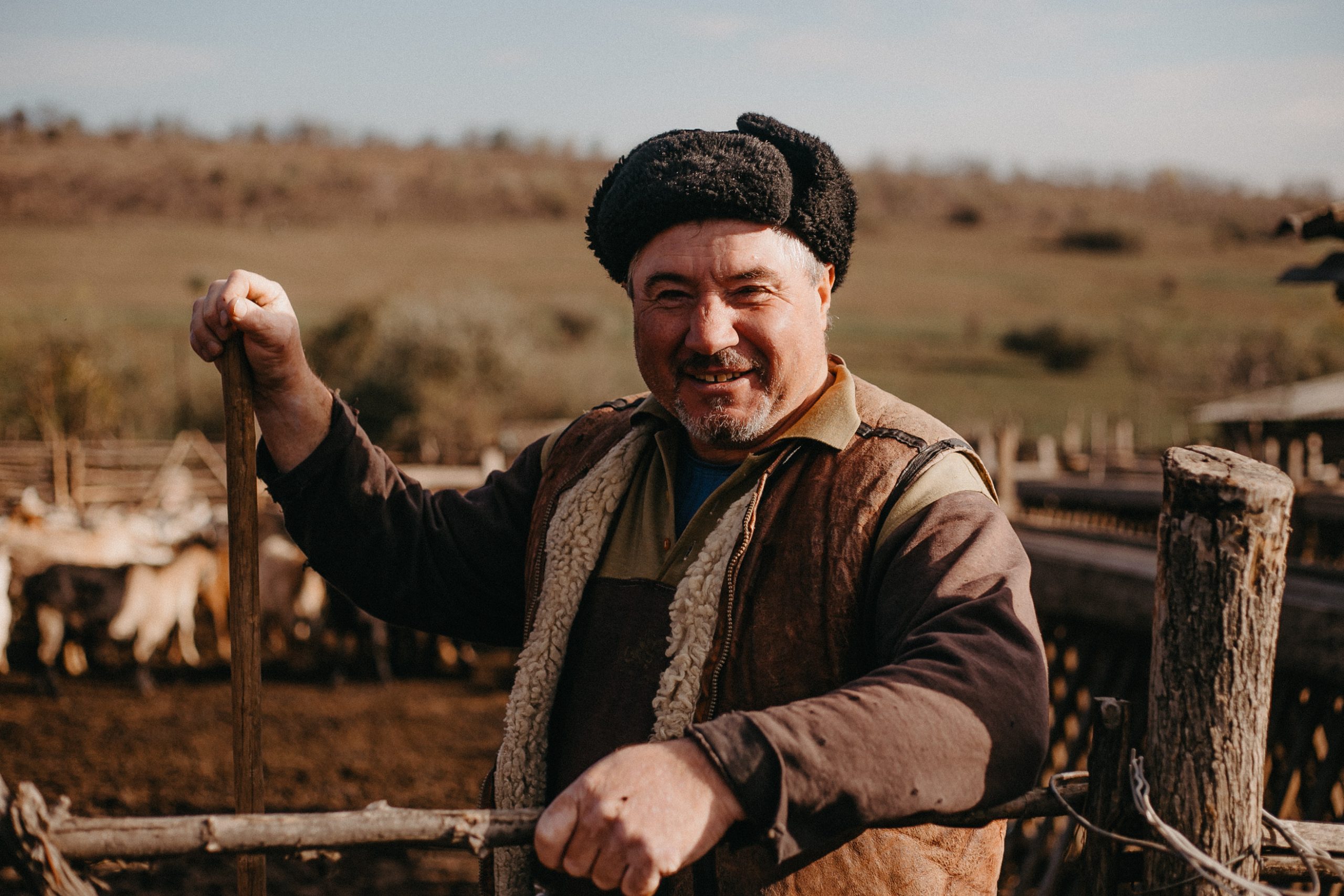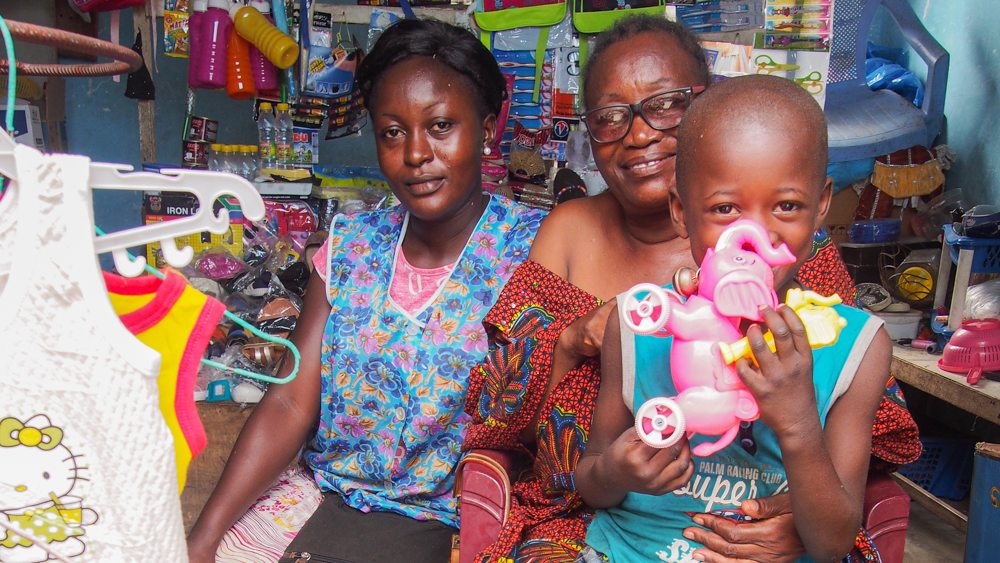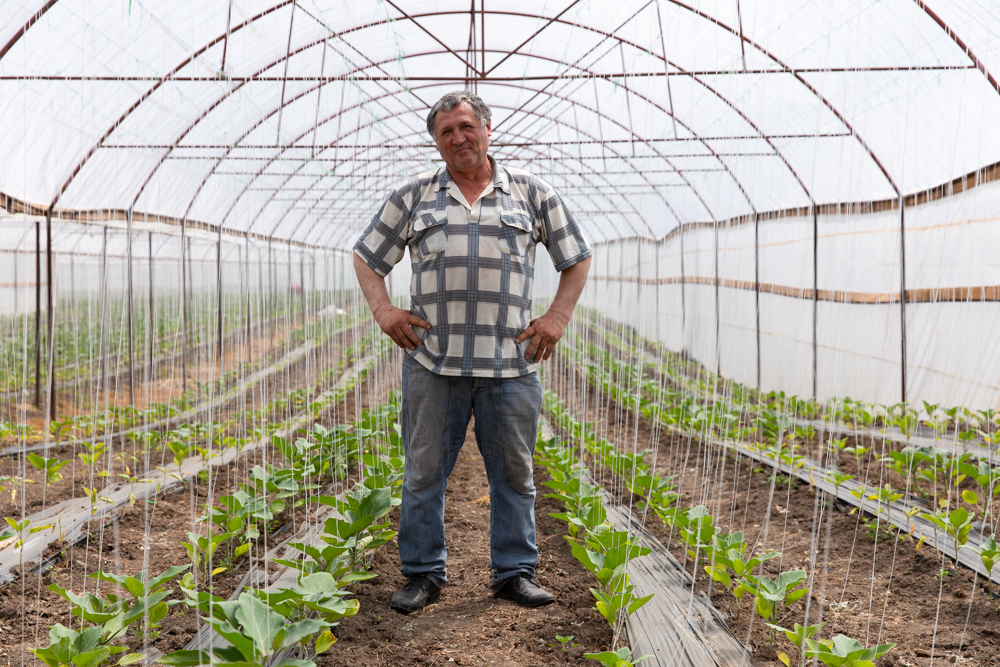Tetiana Ohyria knows that a haircut is about so much more than looking good. As a professional stylist in Ukraine, she sees her job as a way to dignify others and bring joy to her community. “I make them look nice, and they smile. My calling is to help people!” she says.
As early as 6 years old, Tetiana knew she wanted to be a hairstylist. Her parents weren’t sure of the practicality of her decision and suggested other career paths. But Tetiana was determined to make her dream a reality. After cosmetology school, she began to work in a shared salon space in a nearby city, where she spent 30 years developing her skill set and building a loyal clientele. Continue Reading…








